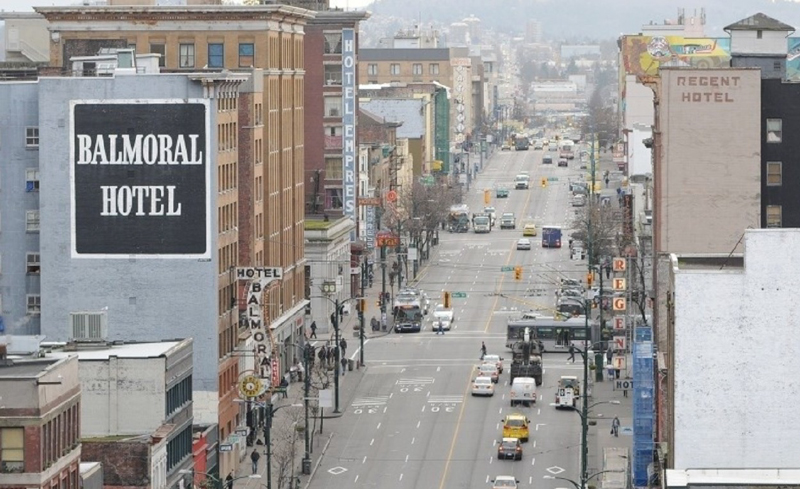By Sheila Pepper, Seniors, Housing and Safety Convenor
The WNHH Network is a national women’s homelessness group working for all women to improve their local housing and services situations. In BC, several new housing starts for vulnerable women, families and seniors have been reported, in some northern and rural areas, but more is needed in the Lower Mainland. Some residents of this area are opposing more immigration due to the greater pressure on housing and shelters for homeless people.
The Happy Cities group, in Our Urban Village, a group of strangers together in a shared home, with common areas for gathering and cooking, and with private rooms, is a recent example of co-housing in Vancouver. CMHC’s Housing Accelerator Fund is helping to support several rapid affordable housing development.
There is a report on discrimination against gender diverse people for housing from landlords, building managers, and shelter staff; thus addressing housing rights for 2SLGBTQQIA is important.
The National Conference on Ending Homelessness is in Ottawa in October 2024, and is calling for presentations on all aspects mentioned, and experiences from all, especially from Indigenous people. (CAEH24). There is a June 11-12th hybrid event, exploring solutions and support systems, at #HousingMatters. Safety for all these groups above mentioned, and for all women, their families and seniors continue to be of great concern, as so many innovative ways to target these vulnerable groups are circulating on the internet. Many organizations are alerting seniors to these scams, but we must particularly help all seniors who live alone. Many non-profit organizations and religious groups are helping vulnerable people personally, as they arrive in our communities, to find the services they need, as soon as possible.
Seniors, as we know, are a growing cohort, and will continue to be so in the next decades. Many more services are targeting seniors for their continued independence and comfort. My latest is a Drivers’ Refresher course, as I approach my 82nd birthday, and another driver’s test of my abilities and safety as a driver, carer and driver of my husband, and for all my organizational meetings and events.


